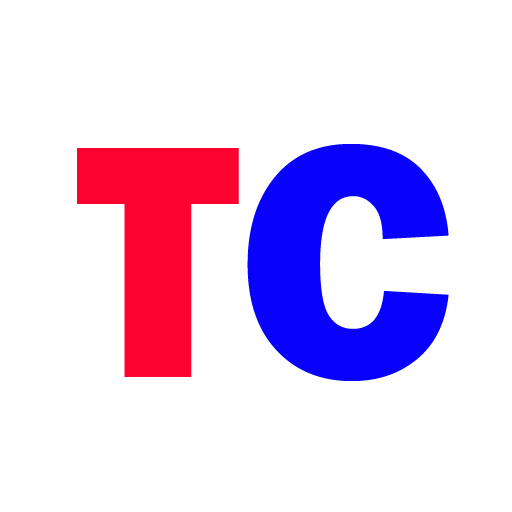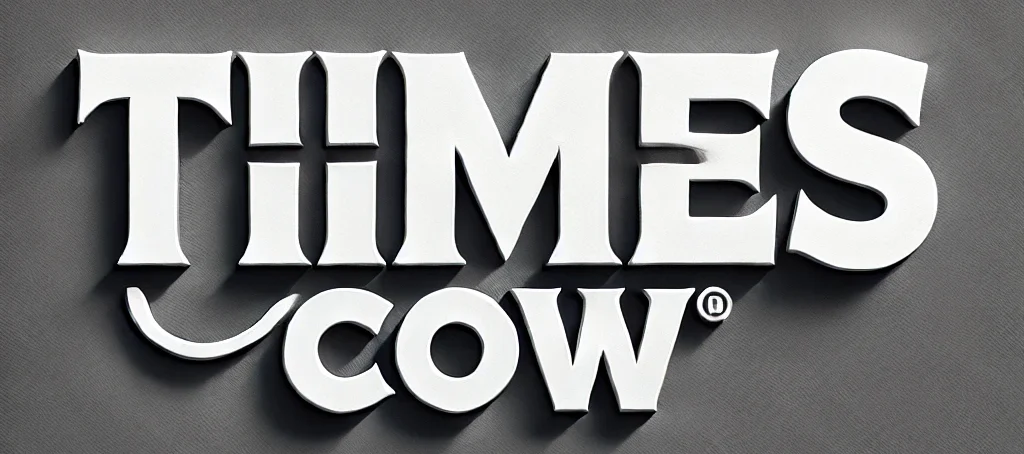In the wake of Meta CEO Mark Zuckerberg’s announcement to end third-party fact-checking and ease content moderation policies, U.S. Google searches on how to delete Facebook, Instagram, and Threads accounts have surged. This dramatic increase in search activity follows Meta’s decision to roll back political content restrictions and other safeguards designed to combat misinformation and harmful speech on its platforms.

Meta’s Policy Changes Spark Backlash
Meta’s move to end its fact-checking partnerships and relax moderation policies has stirred significant controversy. Critics argue that the changes are part of an effort to court political figures, particularly from right-wing groups, and avoid backlash. There are growing concerns that these adjustments could lead to an escalation in hateful speech, misinformation, and political extremism spreading unchecked across Meta’s vast networks.
According to TechCrunch, many believe that Meta’s decision could reverse the progress made in curbing harmful content, including misinformation that has fueled real-world violence, such as the events surrounding the January 6th Capitol riot.
Surge in Google Search Trends
Google Trends data reveals a sharp rise in searches related to deleting Meta accounts. Queries such as “how to permanently delete Facebook” and “how to delete Instagram account” hit peak interest levels, scoring a perfect 100 on the platform. Other related searches, including “alternative to Facebook,” “how to quit Facebook,” and “how to delete Threads account,” have also seen a massive uptick, with activity increasing by over 5,000 percent in recent days.
This surge in search activity highlights a strong public response to Meta’s policy shifts. Many users appear to be reconsidering their participation in Meta’s platforms, signaling growing dissatisfaction with the company’s new direction on content moderation.
Meta’s Controversial Role in Global Violence
Meta’s platforms have faced increasing scrutiny over their role in spreading misinformation and inciting violence across the globe. Notably, Facebook has been linked to fueling violence in Myanmar, where the platform was exploited by the military to promote actions that contributed to the genocide of the Rohingya people. Similarly, critics point to the role of social media in exacerbating political extremism and violence in the United States and other regions.
Despite these concerns, Zuckerberg has defended the policy changes, framing them as an effort to restore free speech on his platforms. This rhetoric mirrors similar arguments made by Elon Musk regarding his platform, X. As part of the new strategy, Meta plans to replace third-party fact-checkers with a community-based system, where users can flag posts that they believe require further context.







